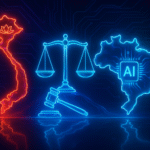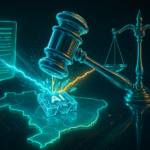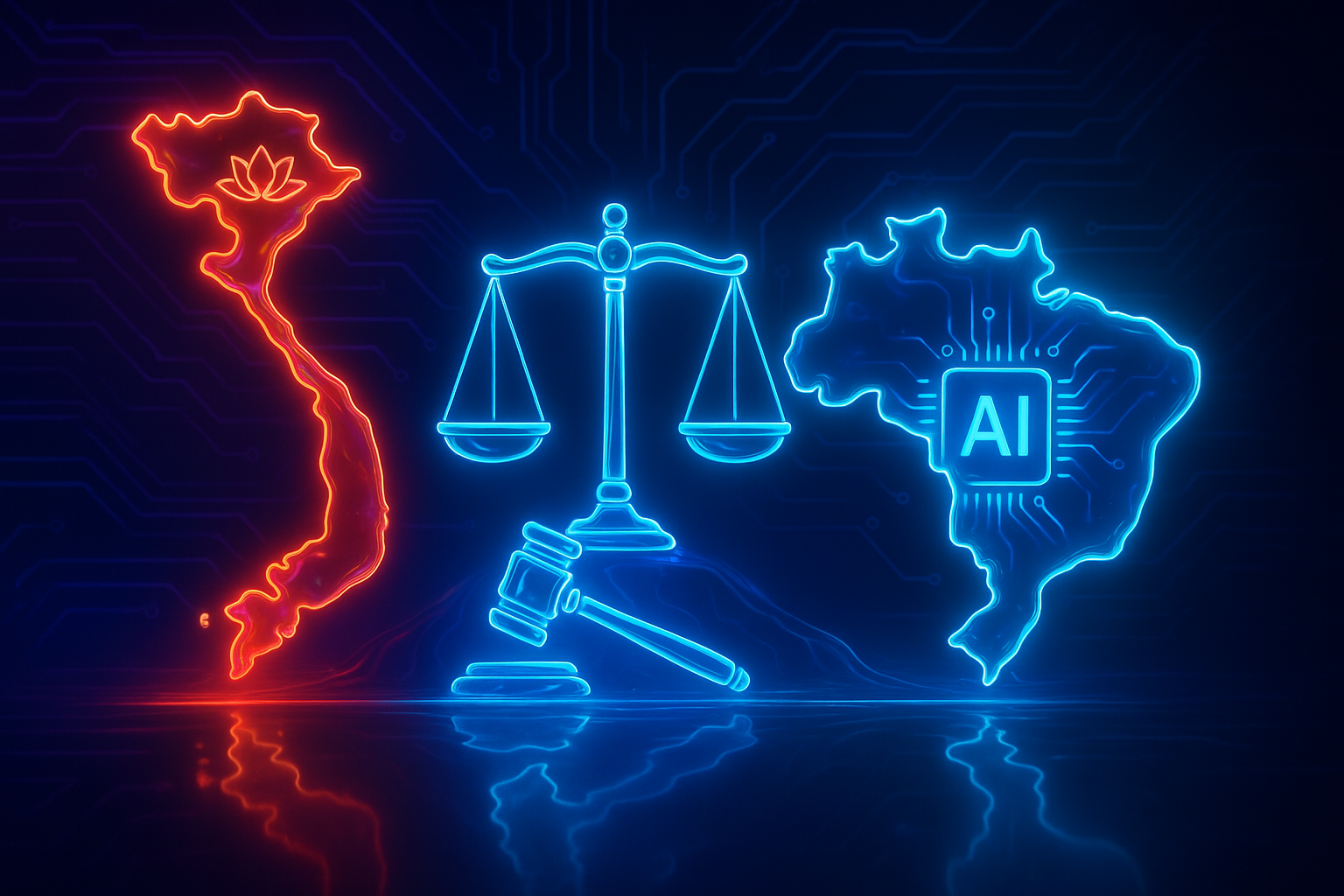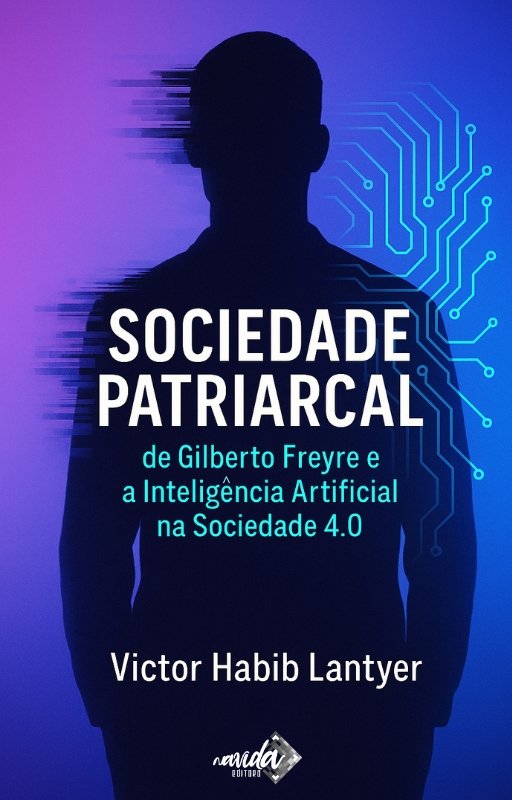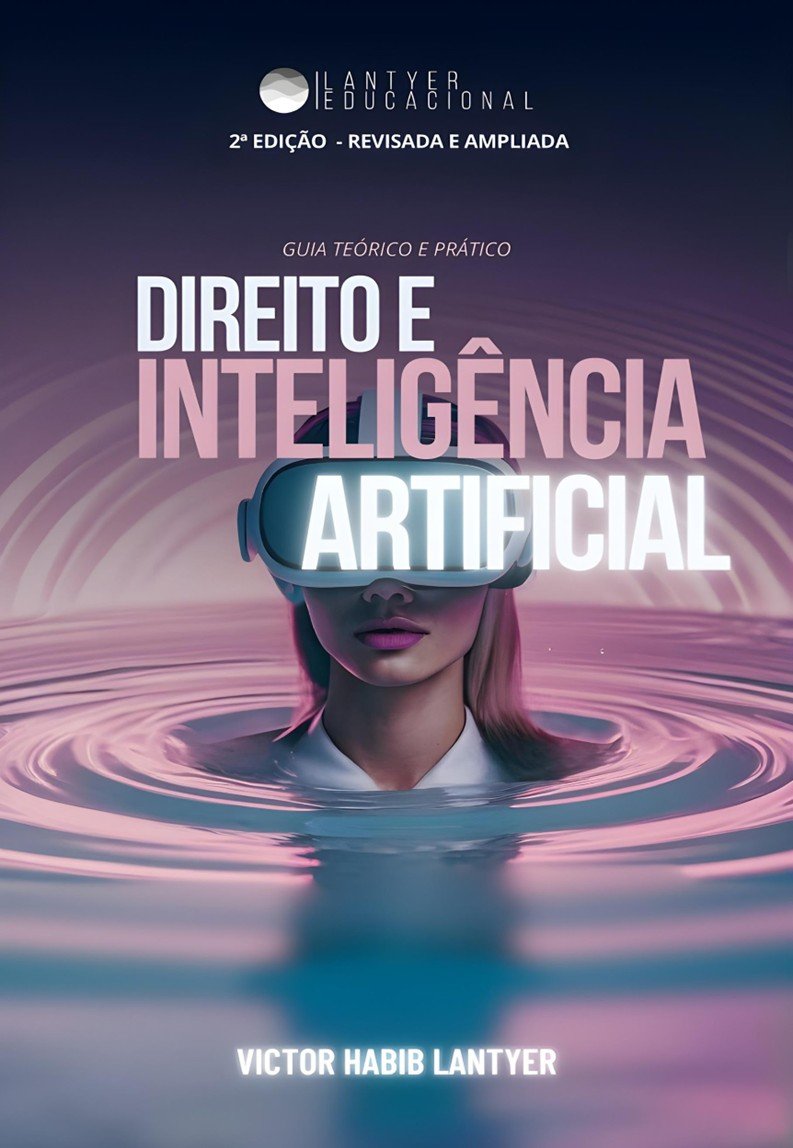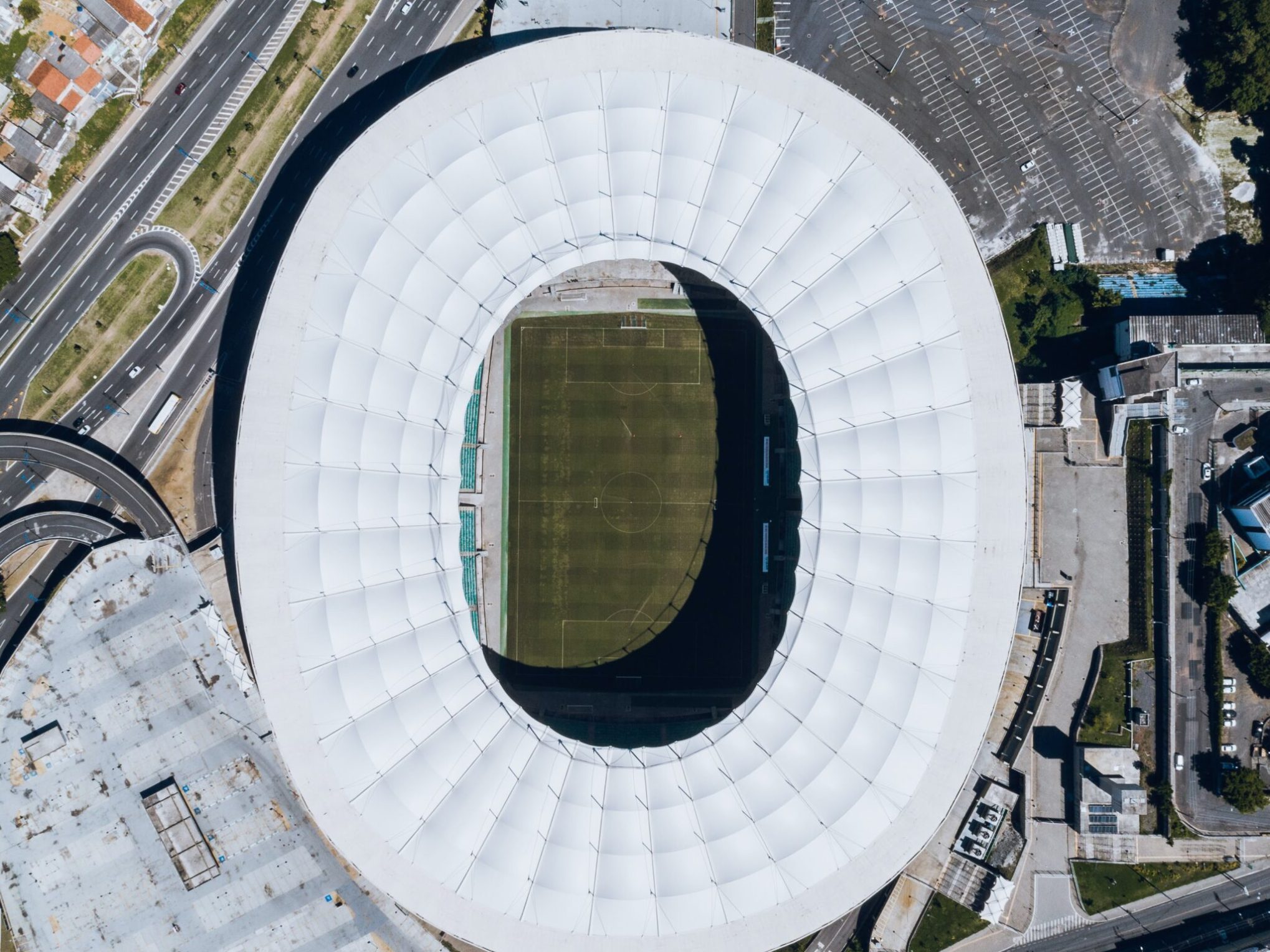In a pioneering initiative, the Supreme Federal Court (STF) is evaluating artificial intelligence proposals aimed at improving the efficiency of the Brazilian judiciary. Last Monday, the Court received prototypes that promise to summarize court proceedings while keeping their essential information intact. These innovations are the result of a public call launched the previous month, which will not incur any costs for the Court.
The call attracted the attention of 24 entities, including companies, universities, and startups. Supreme Court Chief Justice Luís Roberto Barroso visited each participant's booth, demonstrating the Court's commitment to modernizing its processes.
During the opening of the event, held at the STF Museum, Barroso emphasized the importance of this project for society. "We are facing the challenge of integrating law and information technology. This combination could result in a more agile and higher-quality service for the public," said the president.

Barroso also highlighted the practical potential of these innovations, such as the ability to generate case summaries immediately after filing, under judicial supervision. "This represents a significant advance in the way we use artificial intelligence in the judiciary," he added.
STF Information Technology Secretary Natacha Oliveira emphasized that a technical report based on the prototypes presented will be crucial for the development of technological solutions at both the STF and the National Council of Justice (CNJ). "We are exploring the use of generative artificial intelligence, a recent innovation that promises to transform our field of activity," Oliveira explained.
On the other hand, CNJ advisor Bandeira de Mello noted that, despite the innovations, the final decision will always remain human. "The goal is to assist judges with preliminary information for faster decisions, without replacing human judgment," he clarified.
The prototypes under evaluation focus on summarizing cases in the Extraordinary Appeal (RE) and Appeal in Extraordinary Appeal (ARE) classes, using a dataset provided by the Supreme Federal Court (STF). This project represents a significant step toward integrating technology into the Brazilian judicial system, with expectations of greater efficiency and accessibility.
- The Meta Wall: Banning ChatGPT to Crown 'Meta AI' on WhatsApp

- Digital ECA and the New Legal Architecture for Minors in the Digital Environment: A Complete Guide

- Artificial Intelligence Regulation in Vietnam: A Mirror for Brazil's Challenges

- Folha vs. OpenAI: The Battle for Copyright in the Age of AI Comes to Brazil

- Law 15.123/2025 and deepfake: a new milestone in psychological violence with AI




